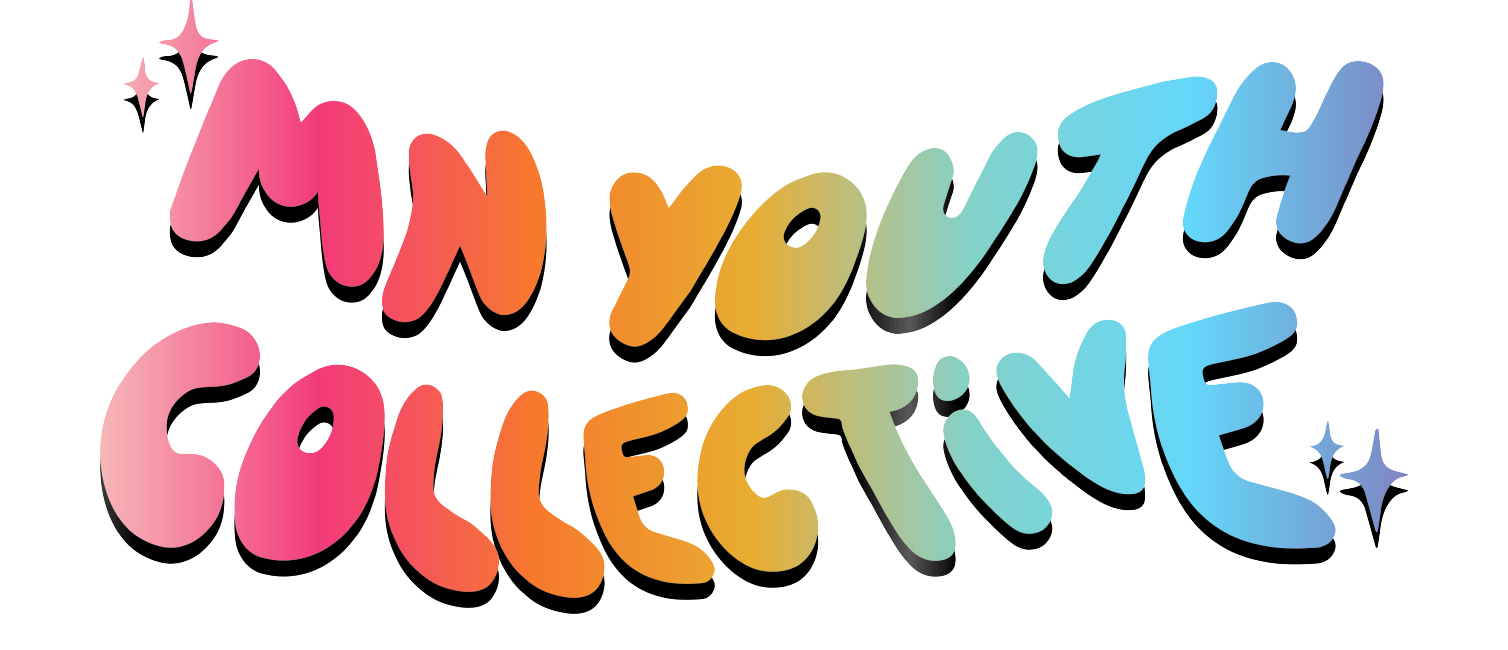My first act of political activism was in second grade, when I went classroom-to-classroom gathering signatures from my peers for a petition to ban smoking. An adult eventually told me that I would need a lot more signatures than I could find at my elementary school, and I gave up on my petition. In sixth grade, I ran for student council against five or six other candidates. I’m still convinced that I lost because I wasn’t willing to adopt my opponents’ tactics of giving voters candy and fruit snacks every day during the week before the election. Then, in tenth grade I ran for class representative, and lost. In eleventh grade, I ran for discipline committee representative, and lost again.
So, I decided that, for the moment, I wasn’t good at running for elected office and could be more effective in other ways. I started doing some advocacy work at my high school for a cause that mattered to me. I did it because the cause felt important to me and there was specific work that needed to be done, so I figured there was no reason why I shouldn’t do it. Then, I switched gears and spent some time during my last two months of high school volunteering on a political campaign. I was curious about what political campaigns were like and I liked the candidate’s ideas, so I gave it a shot. I felt that I was able to accomplish more of the change that I wanted to create by doing advocacy work and volunteering on the campaign.
I have specific reasons for why I committed every political act that I did, but I have broader reasons for engaging in these kinds of activities in the first place. I saw all these activities as a function of the privilege of living in a democratic society. I view my involvement in politics as a necessary part of my responsibility to my country. I view educating myself about the people who want to represent me in political structures as an essential part of good civic engagement. I view identifying my political priorities and issues as an important personal endeavor and a necessary political one. And, I view my freedom to align myself with the people, parties, and issues that I feel most connected as one of the biggest privileges of living in a democracy. I think I would be doing myself and my country a disservice if I didn’t involve myself in politics.
On an ideological level, that’s why I involve myself in politics: because I think that not involving myself is a disservice to my country. But, as a young person, and particularly as a minor, political involvement feels harder to do well because I can’t run for governmental office or vote for anyone. But, being young and unable to vote, doesn’t mean I’m unaffected by decisions made by voters. My inability to vote also doesn’t mean that I don’t have opinions about who would best represent my interests and the interests of the people around me in the government. I do have those opinions, but it’s harder to voice my opinions in the way that voting people can. But, political involvement isn’t limited to just voting. I involve myself politically in the way I do because it is the closest thing to voting that I can do right now, without actually being able to vote.
However, in a few months, I will be able to vote for governmental offices. That doesn’t mean I will stop doing advocacy work for issues I care about or that I’ll stop giving my time to people running for office who I think represent my interests. It just means that I have the freedom to take that final step to make sure that the people and causes I care about most are well represented. At this point, my ideological reasons for continuing to engage in politics will not change and there will not be laws and rules that prevent me from voting. As a young person who will be able to vote, I should use my perspective and exercise my voting power. Some people older than me will say that I haven’t lived through enough to have a perspective that’s worthy of using for voting. They’re right that I didn’t live through the fall of the Soviet Union or the War on Drugs, or any number of historical events that informed a generation of voters. However, they also haven’t lived through going to school and knowing how easy it would be for a person to kill you in your classroom. They haven’t lived through growing up with the rise of the smartphone. Each generation has grown up with its own perspective on the world. We should all learn from each other’s perspective, not judge each other’s perspective and decide whose perspective is good enough to be used when making political decisions.
When I turn 18 and can vote, I will continue to participate politically because if I’m frustrated with what’s happening in the world around me, I don’t want to reflect on how we got there and think that maybe if I voted or had done more advocacy work, things may have gone differently. Inevitably, not everything is going to go the way I want to go. But, when it doesn’t, I don’t want it to be because I could’ve exercised political power and didn’t.

Leave a Reply